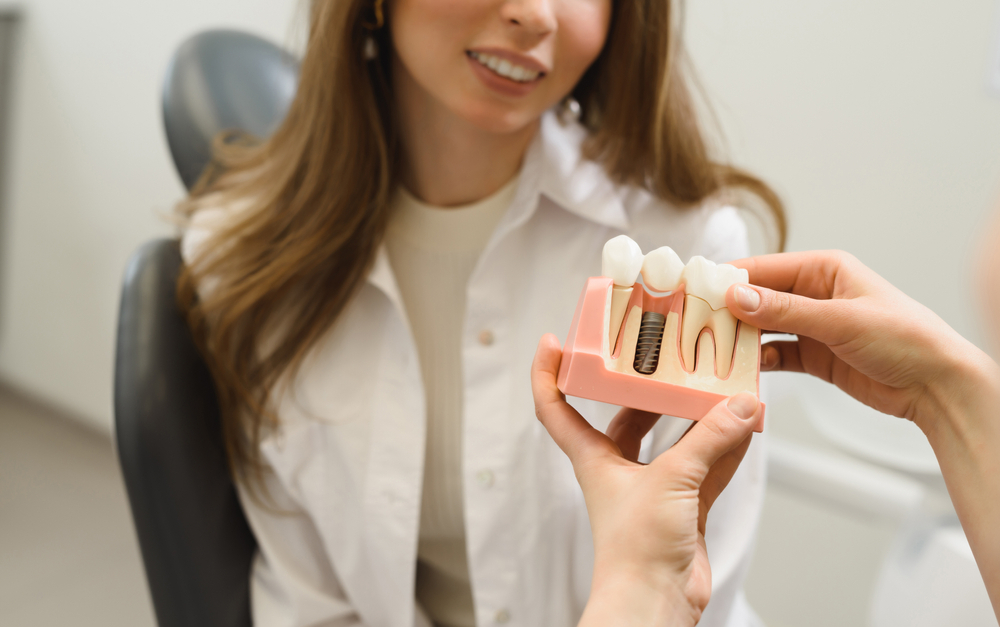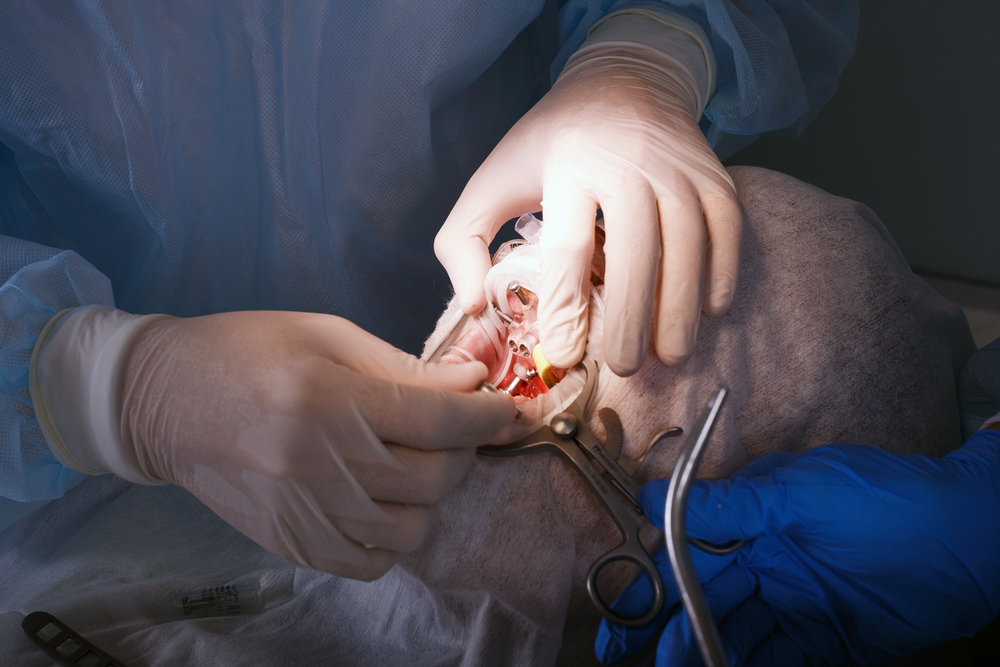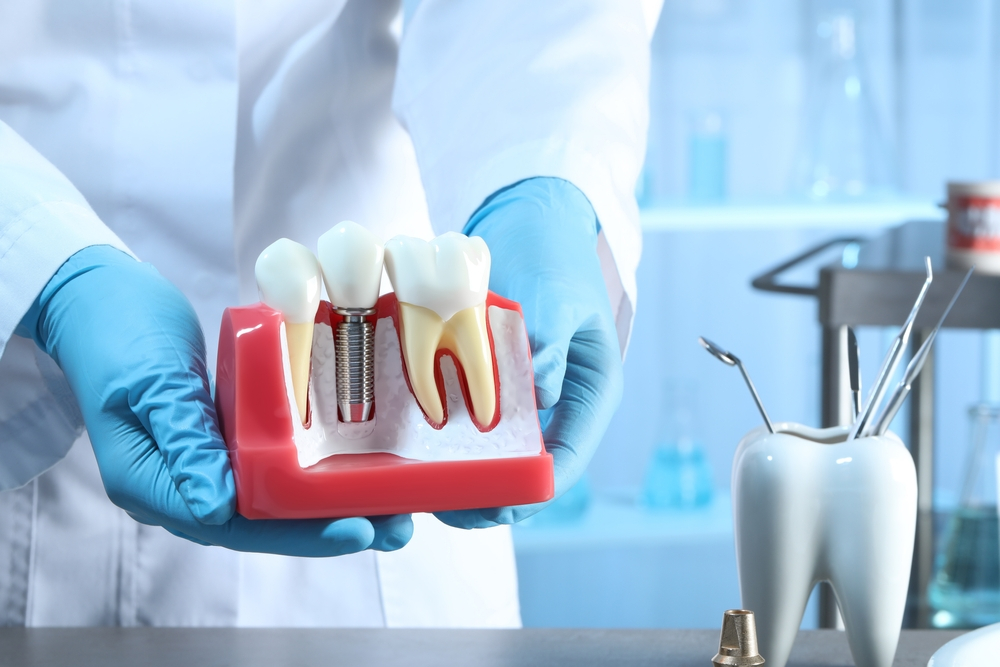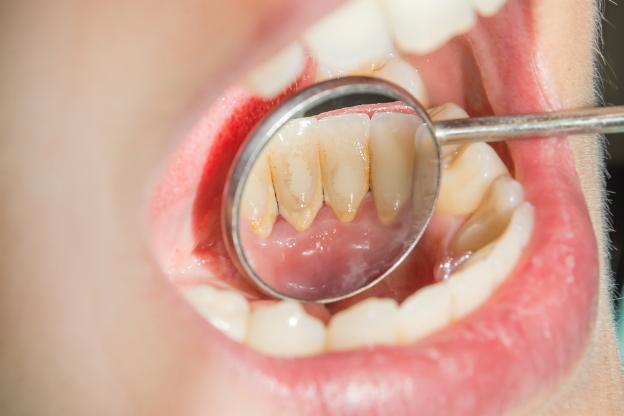
Are you considering gum surgery? Perhaps you were informed by your dentist that you have gum disease, and you’re wondering if surgery is the best option.
When you think of gum surgery, you probably envision a large group of dentists pulling the gums out of your mouth and stitching them back together. You might wonder how anyone would even want that done.
Well, not to worry! Gum surgery is much less painful and invasive than you might think. It can be a very effective way to treat gum disease and restore gum health in the long run.
In this article, we’ll help you determine if you are a candidate for gum surgery and, if so, what it entails. So, here’s what you need to know about gum surgery.
What Is Gum Surgery?
Gum surgery is a type of dental procedure used to treat gum disease. When considering gum surgery, it’s essential to understand the process. Gum disease is a severe infection of the gums that can lead to tooth loss and other health problems. Gum surgery is a delicate operation that involves making incisions in the gums and removing excess tissue. The goal of gum surgery is to help improve oral health by reducing bacteria and inflammation in the gums. Gum surgery can also enhance the appearance of the teeth and make them look more uniform.
You may be wondering how much time these procedures take. It depends on your periodontist’s chosen method and how many teeth need treatment. Generally, after the surgery, you should see an improvement in gum health within a week.
Why You May Need Gum Surgery
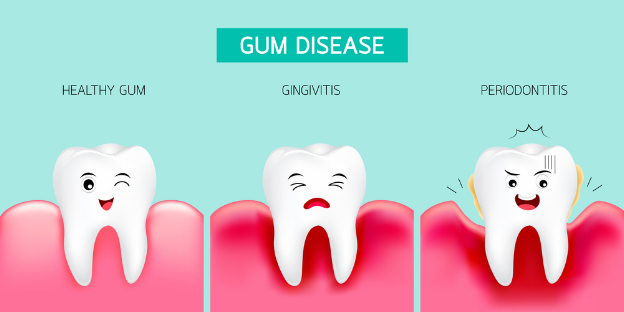
There are several reasons why you may need gum surgery. First, gum surgery can help prevent further gum recession and tooth loss if you have receding gums. Gum surgery can correct a “gummy” smile where your gums are too prominent. Gum surgery can also help reduce the bacteria in your mouth and improve your oral health.
The two primary types of gum diseases are Gingivitis & Periodontitis.
- Gingivitis is the early stage of gum disease. Plaque, a sticky film of bacteria that forms on your teeth, causes this. Plaque irritates the gums, making them red, swollen, and bleeding. If gingivitis is left untreated, it can progress to periodontitis.
- Periodontitis is the more advanced stage of gum disease. It occurs when plaque spreads below the gum line and begins to destroy the tissues and bones that support the teeth. Periodontitis can lead to tooth loss and other serious health problems.
Suppose you think you may have gum disease and are considering gum surgery. In that case, it is vital to consult with a dentist or periodontist to see if it is the right option for you.
Early diagnosis and treatment can help prevent gum disease progression and improve oral health.
How To Prepare For Gum Surgery
If your dentist has recommended gum surgery, it’s best to be as prepared as possible before the procedure. Here are a few things you can do to make sure everything goes smoothly:
- First, it is crucial to have a healthy mouth; this means brushing and flossing regularly and visiting your dentist for regular checkups.
- Secondly, quit smoking at least two weeks before your surgery date, as smoking can delay healing and increase the risk of complications.
- Thirdly, you should eat a healthy diet and stay hydrated the days before surgery to help your body heal more quickly after the procedure.
- Finally, arrange for someone to drive you home after surgery and stay with you for the first 24 hours in case of any complications.
Gum surgery can be daunting, but if you take these steps to prepare yourself, you’ll be in good shape for a successful procedure.
Types Of Surgical Procedures
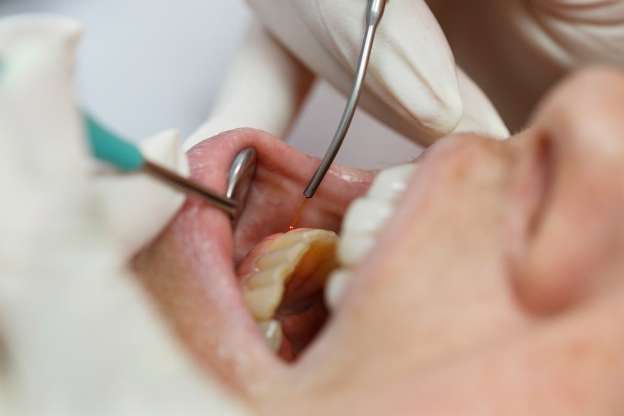
It’s a good idea to know the different types of procedures available. The method that’s right for you will depend on your gum disease. For example, if you have mild gum disease, you may only need a procedure called scaling and root planing. This surgery involves removing plaque and tartar from your teeth and gums and smoothing out the roots of your teeth to prevent bacteria from accumulating.
You may need gum surgery if you have more advanced gum disease.
Surgical Procedures Include:
Flap Surgery
In Flap Surgery, a dentist can perform a deep cleaning of the teeth and gums. This procedure involves lifting the gum to remove harmful bacteria, plaque, and other materials from your teeth and gums collected in the pockets around your teeth. In some cases, this type of surgery may also reshape damaged bone or tissue.
Tissue and Bone Grafting
This is a procedure that involves replacing damaged bone and tissues with healthy bone and tissues.
A tissue graft is one of the most common procedures performed on the teeth. During this procedure, your dentist will remove a small piece of healthy tissue from another area of your mouth and place it under your gum tissue to cover a defect. Usually, the dentist takes tissue from the roof of the mouth. This tissue can repair damaged and diseased teeth, fill cavities, and repair gaps between adjacent teeth.
A bone graft is a surgical technique for when a bone is lost or damaged. In this procedure, the damaged bone is replaced with a new bone from various sources, including the patient’s bone, taken from another person, or a manufactured bore.
The bone graft will act like a scaffold that allows new bone to grow on top of it. The new bone then fuses with the original bone over time. Tooth grafting aims to stabilize the tooth so it can heal naturally.
Bone and Gum Tissue Regeneration (Guided Tissue Regeneration)
This procedure helps regrow lost bone and gum tissue around your teeth. When your dentist applies this approach, he’ll place a unique mesh-like material or tissue-stimulating proteins (gel that contains particular proteins) between the bone and gum tissues. This material covers the wound to keep the gum from growing in the affected area and promote new bone and connective tissue growth.
Laser Therapy
Laser therapy is a medical procedure that exposes the affected area to a laser beam. This beam passes into your gums and cleans away the plaque and tartar. It will also clean out any remaining debris and bacteria caused by plaque and tartar.
What Are Some Risks Associated With Gum Surgery?

If you are getting gum surgery, it’s necessary to weigh the risks and benefits. Gum surgery is generally safe, but there are some risks, like any surgery. These risks include bleeding, infection, and pain. However, these risks are usually minimal and can be effectively managed by your dentist or oral surgeon.
The benefits of gum surgery usually outweigh the risks. Gum surgery can improve your oral health and help prevent tooth loss. It can also give you back your confidence by improving the appearance of your smile.
If you’re considering gum surgery, talk to a dentist or oral surgeon about what’s right for you. They can answer any questions and help you make an informed decision. We are always happy to answer any questions!
The Recovery Process After Gum Surgery
After you have gum surgery, it is essential to follow your dentist’s instructions for a successful recovery. These instructions will include the following:
- Only eating soft foods.
- Avoid talking for three days after surgery unless it is necessary.
- Avoid strenuous activity and don’t overexert yourself.
- Brushing and flossing your teeth carefully.
- You may also need to take antibiotics to prevent infection.
- Use ice and over-the-counter pain medication if you feel swelling or pain.
Recovery times vary, but you can expect an improvement in your gum health within a week or two.
The Bottom Line: Is Gum Surgery Worth It?
If you are considering gum surgery, you should consult with a qualified periodontist. They will be able to evaluate your individual needs and recommend the best treatment option for you.
Gum surgery is a standard dental procedure that can treat several different conditions. While it may not be the most pleasant experience, gum surgery can often be very effective. Gum surgery works for treating infections, repairing damage, and improving the overall health of your gums. When considering whether or not to have gum surgery, you need to weigh the potential benefits against the risks and costs. In many cases, gum surgery is an excellent investment in oral health.
Start Your Tooth Trek Today!
Join the many other people from the USA and Canada traveling abroad for dental care. They have learned this secret about getting affordable dental care and having an incredible time.
Reach out for a free consultation with our network of dentists.

